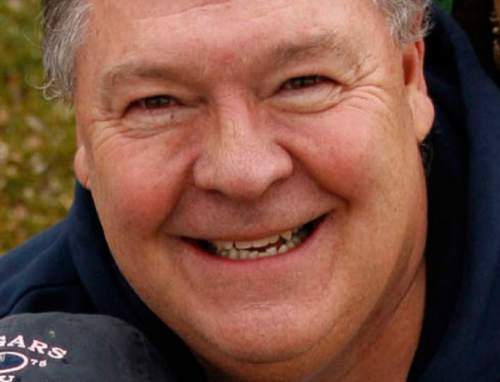This is an archived article that was published on sltrib.com in 2016, and information in the article may be outdated. It is provided only for personal research purposes and may not be reprinted.
A judge has ruled there is sufficient evidence to send a former Utah County commissioner to trial on accusations he took part in a scheme where he and a businessman posed as Mormon officials to scam companies out of hundreds of thousands of dollars to invest in an industrial park and rail line.
Utah state Judge Vernice Trease made her decision about Gary Jay Anderson's case Friday in Salt Lake City after attorneys gave final arguments to conclude an evidentiary hearing.
Anderson's attorney argued that he was a victim of businessman Alan Dean McKee, who prosecutors say devised the scheme. Lawyer Nathan Crane said Anderson didn't plan the scheme, never took any of the money and even invested $110,000 of his own money.
Crane said Anderson got involved as a consultant for McKee after the companies had already sent the money to McKee.
"He was taken advantage of by Mr. McKee," Crane said.
Prosecutor Brian Williams acknowledged that Anderson didn't plan the original scheme but he said the 69-year-old former commissioner came up with his own plan to protect McKee's fabricated construction project so he could continue to be paid by McKee as a consultant. Anderson was paid a salary of $50,000 for legal consulting, Williams said.
Anderson is scheduled to be back in court for an arraignment on Aug. 19. Crane said his client will plead not guilty. Anderson and Crane declined comment on the ruling outside court.
McKee also plans to plead not guilty, his attorney has said. Trease ruled earlier this month there was enough evidence to send McKee to trial.
They are each charged with three counts of communications fraud and one count of a pattern of unlawful activity.
At the first hearing on June 2, a regional manager for a Minnesota construction company that paid McKee nearly $400,000 said his company received letters and phone calls purportedly from officials with The Church of Jesus Christ of Latter-day Saints' real estate development arm.
Mormon church officials have said they had no knowledge of what they describe as a "brazen scheme."





